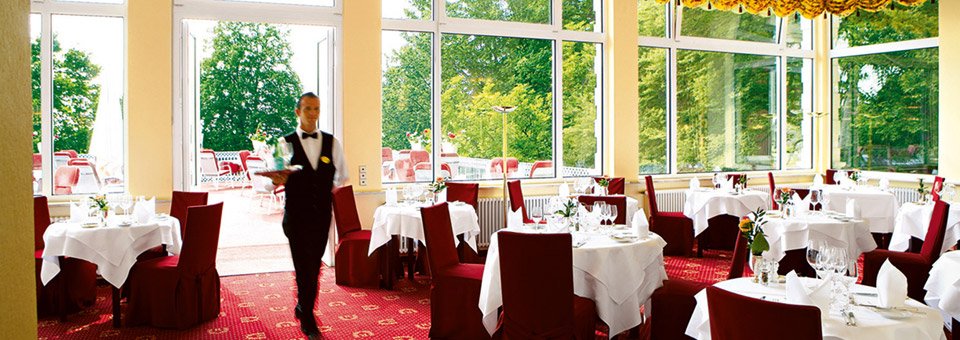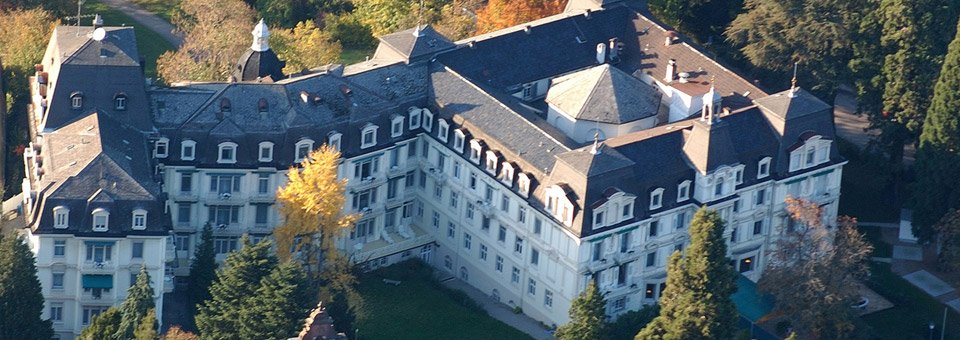Mulhouse
 A town, in which it's nice to live
A town, in which it's nice to live
The earliest recorded mention of Mulhouse dates back to 803. The area in which the town was founded was often besieged by floods but the early inhabitants decided to make the most of these rather unfortunate climatic conditions by building the famous mill wheel. The mill gave the town its name (from the German Mühlhausen meaning ´mill house´) and was also the basis of its economy.
Frédéric I Barberousse made Mulhouse a town in its own right. In 1308, it achieved the status of Imperial Town and thus became more or less independent. Its alliances with the Swiss cantons (Mulhouse became an allied canton in 1515) and the Kingdom of France meant it was able to maintain its autonomy and was spared the bloody conflicts that ravaged Alsace, such as the Thirty Years War.
In 1523, the town joined the Reformation cause: Northern Alsace went over to the Lutheran cause whilst the South part remained Catholic.
In 1746, four young men from the town - Samuel Kochlin, Jean-Jacques Schmalzer, Jean-Henri Dollfus and Jean-Jacques Feer - founded a fabric-printing workshop. The industry flourished, and forty years later there were 26 manufacturers. The industry required very little space and was therefore ideally suited to Mulhouse, with its limited surface area.
On 4 January 1798, Mulhouse elected to become part of France, a decision which was to have significant consequences. The town’s economy continued to thrive during England´s blockade against Napoleon: industries grew and mechanized their production. The textiles boom led to the development of the town´s chemical and mechanical industries and a number of trade schools were founded. Improvements in infrastructure and transport followed with the Rhone-Rhine canal and the railways.
At this time Mulhouse was one of the most prosperous industrial towns in France. The population doubled with each generation with the influx of people from neighboring Germany and Switzerland (6000 in 1798, 60000 in 1866). The ramparts were destroyed and industrialists built the New District and a workers´ housing development that was to serve as a model for garden-cities all over Europe. The town´s captains of industry also set up a number of charities benefit societies and cooperatives in order to improve their workers´ quality of life.
The industrial boom was brought to a halt by the war in 1870 when Alsace was annexed by Germany. It took Mulhouse several years to adapt to the new regime and in 1918 it became French once again.
From 18 June 1940 to 21 November 1944, Mulhouse was under Nazi occupation, a period of deportations and R.A.D. (Reichsarbeitsdienst) during which young people were drafted into the German Army. The Liberation bombings caused considerable damage to the town. There followed a period of intensive post-war reconstruction: the Place de l´Europe was built and 13000 houses and apartments were built between 1950 and 1970 to accommodate the wave of people who had come in search of work.
The economy picked up again during the Trente Gloriousness, the period of prosperity and social change in post-war France. The textile industry was forced to adjust to the new economic climate, while other industries developed, including electric construction and automobile manufacturing (with the new Peugeot factory). The Bâle-Mulhouse airport was built and the Alsace Canal was dug.
With a rich historic heritage, a number of sports and leisure facilities and a young, dynamic university, Mulhouse has a great deal to offer inhabitants and visitors. A number of new industries have recently developed, including industrial automation, telecommunications and industry services. With its favorable geographic position and exceptional communications network, the town has entered the Third Millennium with the famous "Mulhouse model," a combination of entrepreneurial spirit, pragmatism, a willingness to rise to challenges, concern for the common good and hospitality.
tourisme-mulhouse ©

